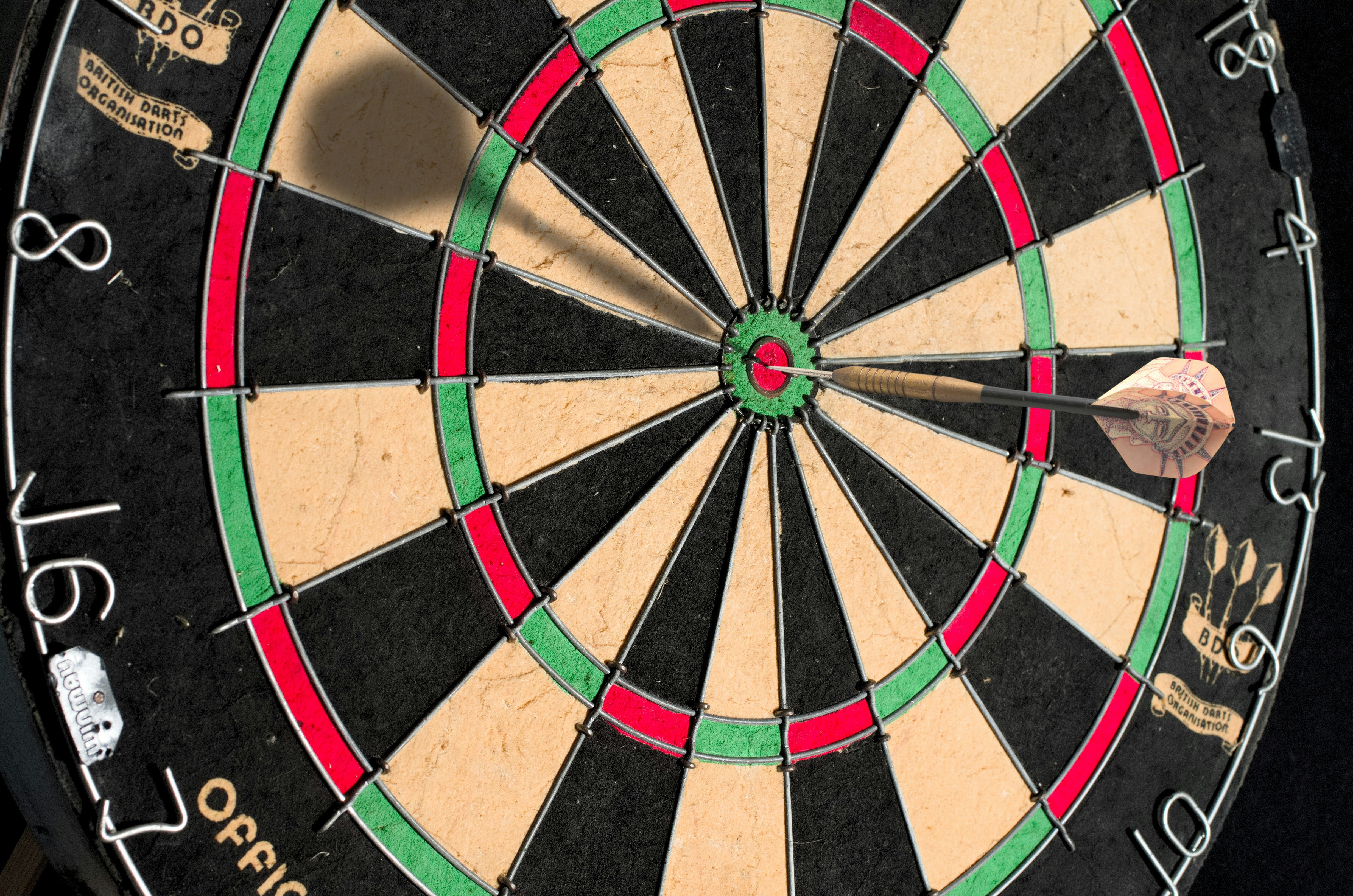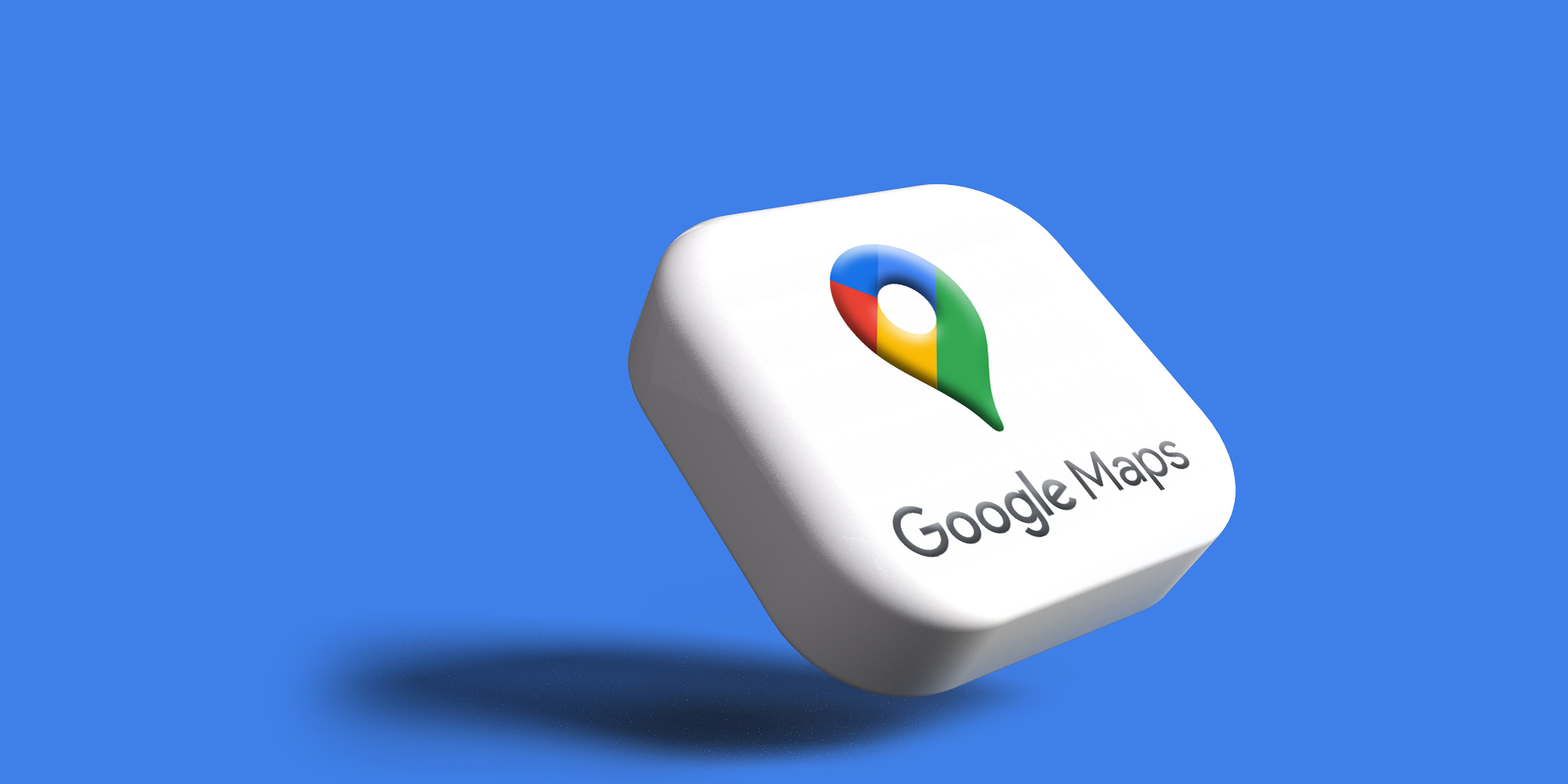August Round-up: Better Meta Targeting, Google Glitch & UX Best Practice
The latest version of our newsletter should have settled in your email inbox, detailing the need-to-know information and must-read thought leadership...
Read moreWelcome to the latest round-up of all things digital. This is where we look at the latest updates in the world of PPC, SEO, Content, Digital PR and International from the last two weeks.
Jack Adams - Senior Content Specialist
Google confirmed it's rolling out a new algorithm update designed to target low-quality reviews.
It launched on July 27, with its implementation expected to take between two and three weeks. It's effectively a refinement of the product review algorithm Google originally introduced back in March 2021.
The algorithm was designed to reward reviews based on insight, research and actual experience with products / services, rather than thin content that simply reels off information a user could quite easily find on the manufacturer's website.
In short, as with standard content, review content rewrites will not suffice.
It's also worth noting that this update only affects sites that publish long-form review articles – such as WIRED, for example. It will not impact businesses or sites that host customer reviews of their products or services.
NPR has highlighted the important role alt text can play in helping users with visual impairments experience content.
Scientists, writers and educators have worked together to create alt text describing the amazing images captured by NASA's James Webb Space Telescope.
Work on the telescope spanned decades, and it was finally launched into space last December (2021). NASA released the first colour images from the telescope last month (July).
Tim Rhue, principal informal education specialist at the Space Telescope Science Institute, told NPR "Space is for everyone. It shouldn't matter who you are."
He and his team set about creating detailed and immersive descriptions using alt text on social media apps.
Alt text allows visually impaired people who use screen readers to hear a description of images. Rhue went on to add: "We love seeing people really get the big picture and our place in it all."
You can see the stunning images from the James Webb Space Telescope for yourself over at NPR.
Olivia Green - Paid Social Specialist
The metaverse is anticipated to surpass the present internet and social media app ecosystems in terms of engagement, immersion, and consumption. which, on the one hand, has the potential to encourage completely novel experiences that will be transformative in many ways. On the other hand, it also implies that many of the issues that are already prevalent in the social media landscape will be exacerbated even more, including bullying, harassment, and even more types of abuse, which may feel even harder to escape from within more constrained digital areas.
Meta signposted the change in an email sent out to Horizon Worlds users, indicating that creators need to apply a content rating to their worlds to show whether it is appropriate for all ages or only for mature users (age 18 and over). If creators take no action and do not update their existing worlds within the next month, then those worlds “will default to 18+ regardless of the content in the world.”
Meta’s updated ‘Horizon Mature Worlds’ policy outlines exactly what is and is not acceptable within its VR environment.
Meta says that all worlds which include the following elements will now be considered ‘mature’ content:
It's an essential step for Meta because there will be major concerns about the broader effects of VR use and how it may convert to real-world actions based on prior experiences with video games and other forms of immersive interaction.
Updates to your Facebook feed should, at the very least, make it simpler for you to find content from your friends and family. They should also make it possible for Meta to show you more suggested content, with a particular emphasis on video posts.
In order to keep you entertained, Facebook's primary user interface has been divided into two sections: the "Home" feed and the new "Feeds" page, where you can browse the most recent postings in various categories including "Favourites," "Friends," "Groups," etc.
With this change, Facebook's user interface will be more in line with TikTok, which describes itself as a "entertainment app" rather than a social network.
Since it isn't constrained by your connections or your own social status, TikTok's primary "For You" feed pulls in the best, most captivating content from throughout the app that is in line with your interests. As a result, it is a lot more intriguing stream. Now, Meta is attempting to cling onto the same premise.
Join us in two weeks, where we’ll be delivering more insight into the digital marketing world. Got a question about what we’ve covered today? Get in touch to find out how we can help grow your brand's digital footprint!
Talk To Us About Accelerating your Digital Performance
Please call 01543 410014, submit the enquiry form below or schedule a call with Phil Robinson.
Photo by Windows on UnsplashMore articles you might be interested in:

The latest version of our newsletter should have settled in your email inbox, detailing the need-to-know information and must-read thought leadership...
Read more
As the cost of living continues to present challenges for many Brits, an increasing number of families are choosing to holiday within the United...
Read more
Our first curated newsletter has hit inboxes, detailing all of the latest need-to-know information and sharing all the necessary thought leadership...
Read more
Over the past few years, marketing leaders have been gearing up for the inevitable 'Cookieless Future'. Safari was the first to bid farewell to...
Read more.png)
It only seems like yesterday that it was the winter of 2022 and we were balancing Black Friday and the Qatar World Cup. Fast forward to now and we're...
Read more
There are many factors to consider when choosing an automotive dealership, with 53% of customers saying that price determines which dealership they...
Read more
Which UK-based private healthcare providers are running away with their digital presence and who needs a helping hand to take the next step? How is...
Read more.jpg)
How prepared are you for planning & budgeting season? Dave Chaffey shares some of the questions you should ask yourself when planning marketing...
Read more